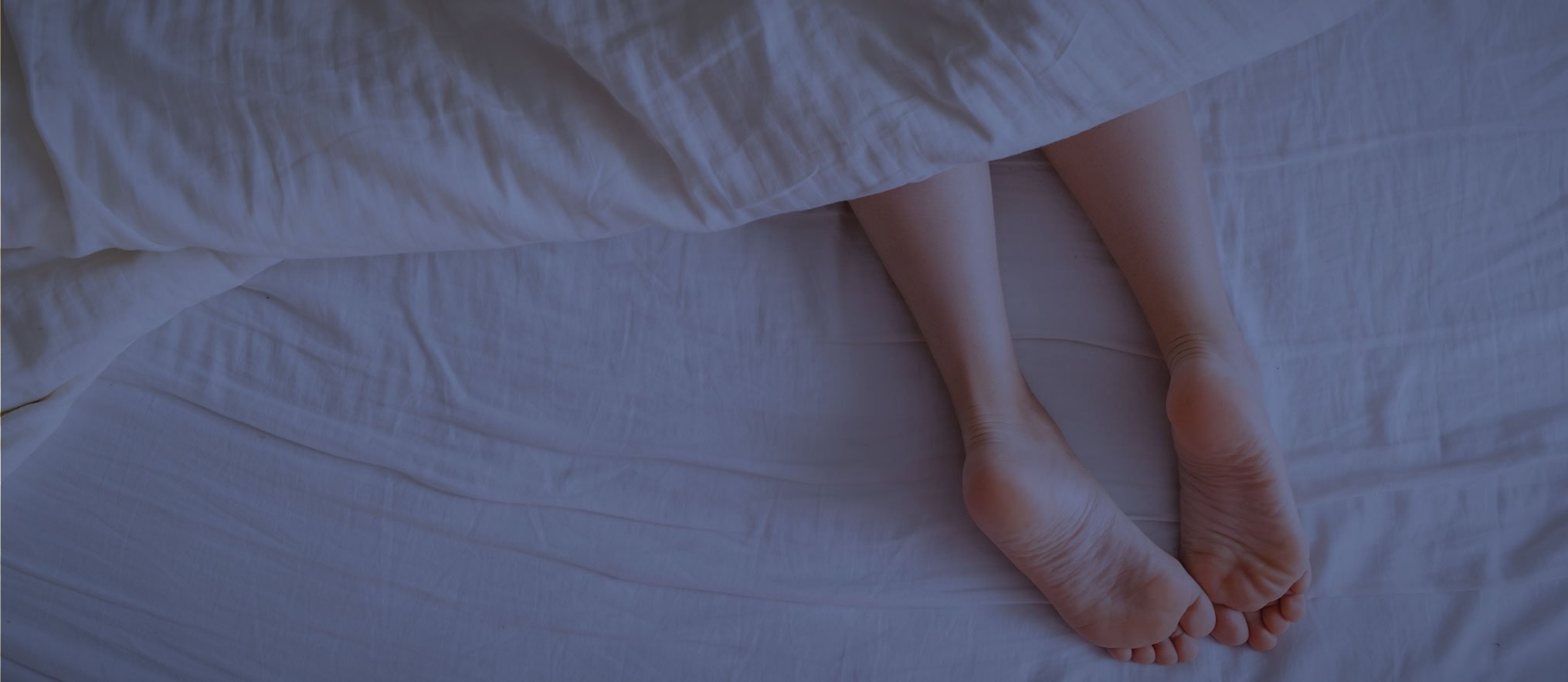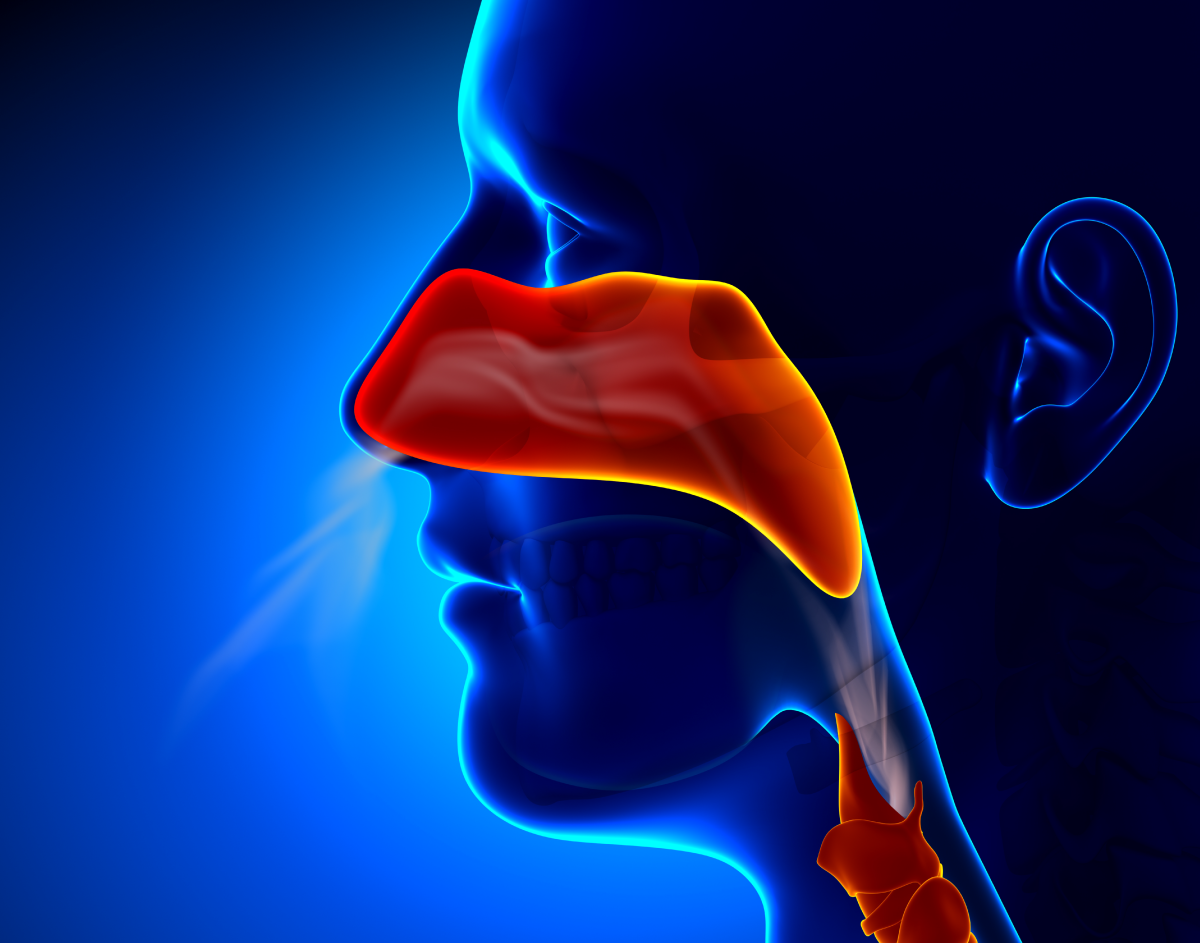Sleep apnea is often thought of as a man’s condition — but that assumption can leave millions of women tired, frustrated, and undiagnosed. In reality, sleep apnea affects…
Read MoreSleep isn’t a one-size-fits-all experience — it evolves alongside us.
From the deep, uninterrupted slumber of childhood to the lighter, more fragmented sleep common later in life, understanding how our sleep patterns shift with age is key to protecting our health and well-being at every stage…
Read MoreMarch is National Sleep Awareness Month, a time dedicated to recognizing the vital role that sleep plays in our overall health and well-being. While many people acknowledge the importance of a good night’s sleep, few realize the significant impact that sleep disorders—especially sleep apnea—can have on…
Read MoreResearch on sleep duration and its health effects has consistently shown that both short and long sleep are associated with increased mortality. Some researchers have proposed that extending sleep on weekends might counteract the negative health effects of insufficient sleep during weekdays…
Read MoreStress is a well-documented risk factor for heart disease. When you’re under stress, your body releases cortisol, a hormone that, in high levels, can increase blood pressure and heart rate, putting additional strain on your heart. Over time, chronic stress can lead to conditions such as hypertension, heart attacks, and…
Read MoreIn December 2024, the FDA approved Tirzepatide (Zepbound) for treating moderate-to-severe obstructive sleep apnea (OSA) in adults with obesity. This marks a significant milestone as Tirzepatide is the first prescription drug approved for OSA. Initially launched in 2023 for obesity-related conditions, its potent weight loss effects…
Read MoreAs the new year begins, many of us reflect on ways to improve our lives. While resolutions often focus on fitness or career goals, an essential yet often overlooked area is sleep health. January provides a perfect opportunity to reset and establish healthier…
Read MoreBetween late-night gatherings, large meals, and the stress of holiday planning, it’s easy to let sleep fall by the wayside. However, prioritizing rest can help you feel more present and energized to enjoy the holiday. Here are some strategies to navigate common Thanksgiving sleep challenges…
Read MoreAs a leader in sleep therapy, BetterNight encounters many patients whose COPD is complicated by obstructive sleep apnea (OSA), a condition where breathing repeatedly stops and starts during sleep. When these two conditions overlap…
Read MoreEach November, National Diabetes Month highlights the importance of understanding diabetes and the ways in which lifestyle choices, including sleep, impact management. Diabetes, a chronic condition affecting how the body processes blood sugar, has far-reaching effects on…
Read MoreWith the prevalence of chronic health issues among drivers and the critical need for quality sleep, telemedicine offers a convenient, fast, and affordable approach to diagnosis and treatment while on the road.
Read MoreSleep apnea goes beyond being just a disease characterized by snoring. Instead, it poses serious comorbidities such as hypertension, stroke, diabetes, and several others associated with cardiovascular health…
Read MoreOver 100 million Americans have tested positive for covid-19. An estimated 10% of those infected suffer from long COVID, the overarching term used to describe specific COVID symptoms that extend weeks, months, or even years post-initial infection. New research from the National Institute of Health’s RECOVER (Researching COVID to Enhance Recovery) initiative has revealed…
Read MoreDid you know that the Circadian rhythm controls many of your vital human functions, not just sleep? Circadian rhythm is a 24-hour cycle that guides many of the body’s most important functions. It works in tandem with your biological clock, which regulates the circadian rhythm and takes its cues from the environment and personal changes, such as…
Read MoreContinuous positive airway pressure (CPAP) therapy stands as the gold standard treatment for obstructive sleep apnea (OSA). However, a significant number of patients struggle to tolerate CPAP, often citing nasal congestion as a major hindrance to adherence. In an effort to address this issue, researchers conducted a study to investigate the potential benefits of Acoustic Resonance Therapy (ART) for patients facing challenges with CPAP adherence and experiencing nasal symptoms. The Study…
Read MoreWhile the classic profile of a sleep apnea sufferer is an older adult male who is overweight with other chronic medical conditions, it is possible for a healthy individual to still suffer from sleep apnea. In addition to excessive weight, other risk factors for sleep apnea include…
Read MoreCPAP/APAP therapy remains the gold standard for treating OSA. Unfortunately, many patients struggle with long term CPAP/APAP adherence. Patients frequently have only 90 days to meet Medicare criteria for adherence to assure coverage of their CPAP/APAP therapy. Lack of adherence often leads to…
Read MoreSleep apnea, a prevalent condition affecting millions globally, has been linked to cognitive decline and neurodegenerative diseases like Alzheimer's and Parkinson's. Continuous Positive Airway Pressure (CPAP) treatment shows promise in stabilizing…
Read More















